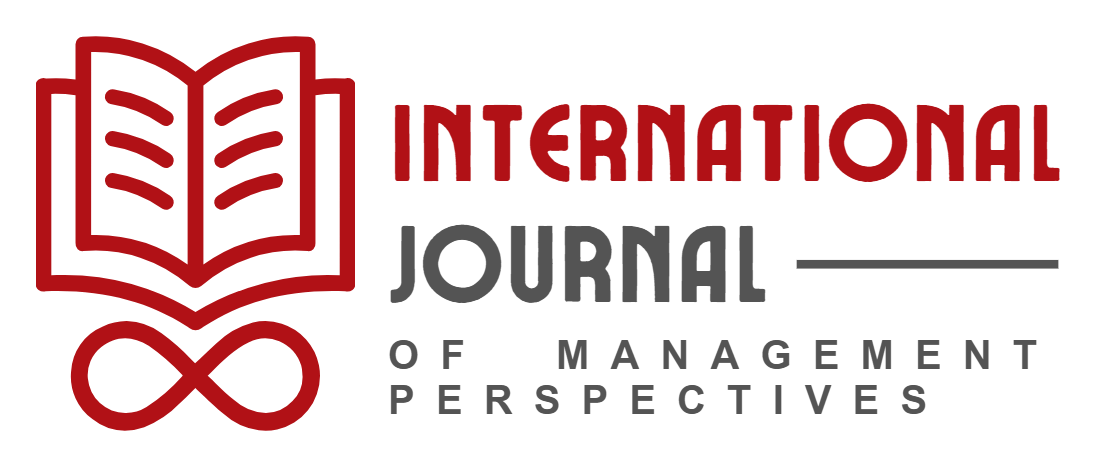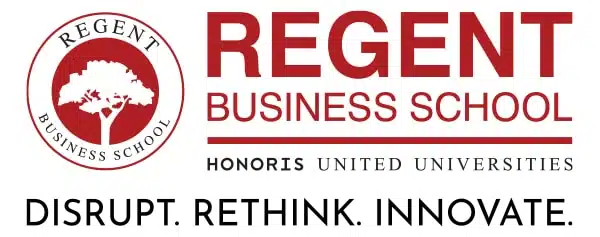Undergraduates may often feel a little confused by all of the qualification options available… higher certificates, diplomas and degrees are just some of the undergraduate courses in South Africa. How do you know which one to choose?

Some may assume that these qualifications are all much the same as far as career growth is concerned. And, while it is certainly true that any of these qualifications will help your career, there are a few differences that make each one unique to your overall goals, previous experience or education and chosen career path. Someone choosing a qualification in marketing may not have the same goals as someone aiming for an MBA, for instance. Knowing the differences (and application) for each type of course can go a long way in helping you get onto the right path for your career.
How Do Higher Certificates Work?
Higher certificates are obtained over one year. Often, this is a skills based qualification, which means that a lot of focus is put into how skills are applied. There is a focus on achieving a set of skills required to perform within the chosen field, and the qualification is typically industry orientated. You will receive a basic introduction along with practical techniques that help you gain entry into your chosen field. This type of course can be completed with minimal requirements that may include matric exemption or equivalent, and could include courses such as a Higher Certificate in Islamic Finance & Banking or a Higher Certificate in Marketing Management.
How Do Diplomas Work?
Diplomas are obtained over a three year period. This qualification is a lot like a degree, but often focuses on career-centric or vocational training with a great deal of practical experience included within the course. Typically, in-depth and specialisation of skills is included along with practical work experience. Entry requirements often include matric with exemption or an equivalent. Diplomas could include courses such as a Diploma in Financial Management.
How Do Degrees Work?
Degrees take three or more years to complete. Bachelor degrees are obtained at undergrad level, while honours and masters are obtained at postgrad level. Critical thinking is balanced with practical application, with courses often giving a rounded overview of the subject. In some fields, a BA is essential in order to pursue further qualification. For example, students wanting to complete honours or masters first need to complete a bachelor’s degree. Some examples of degree courses in South Africa include Bachelor of Administration and Bachelor of Commerce (BCom).
Choosing which qualification is right for you comes down to what you plan to do with your qualification. If you want to enter into the field of marketing, you may find that a higher certificate gives you the right start to begin your career. If you have chosen a field such as accounting or business administration, a relevant degree is likely to be your best choice. The best way to decide is to your research when choosing a career, so that you know what potential employers require.
Keen to learn more about undergraduate courses at REGENT Business School? Contact us today with any questions you may have, and we will do whatever we can to assist.

